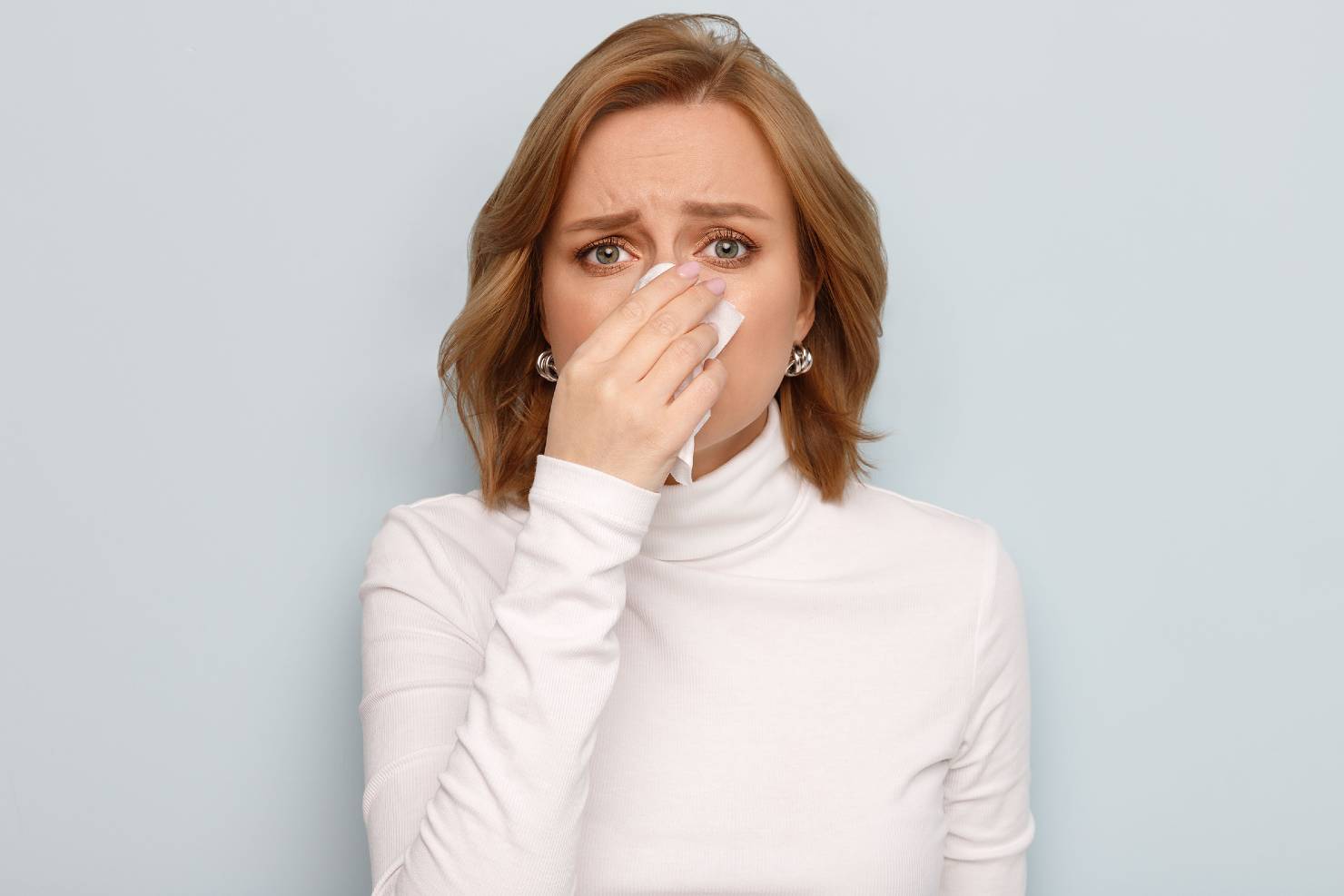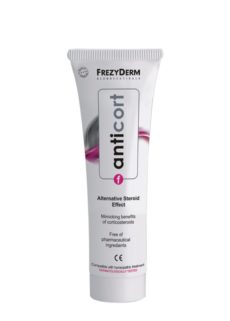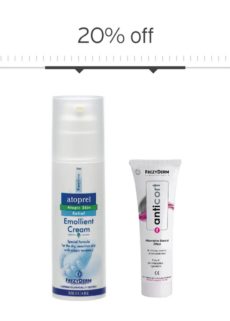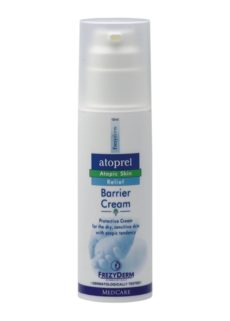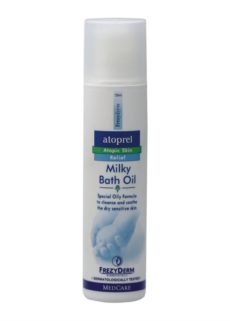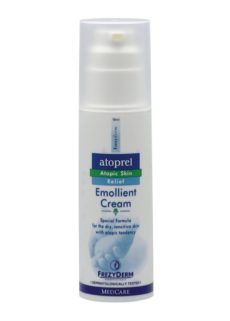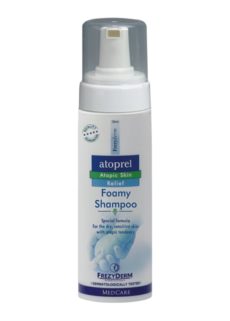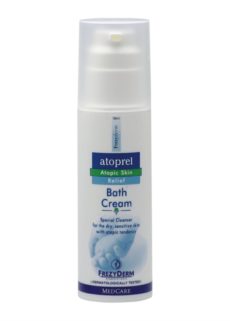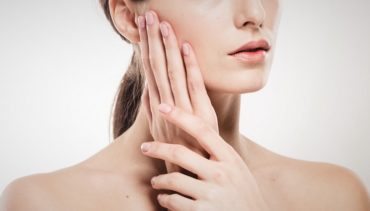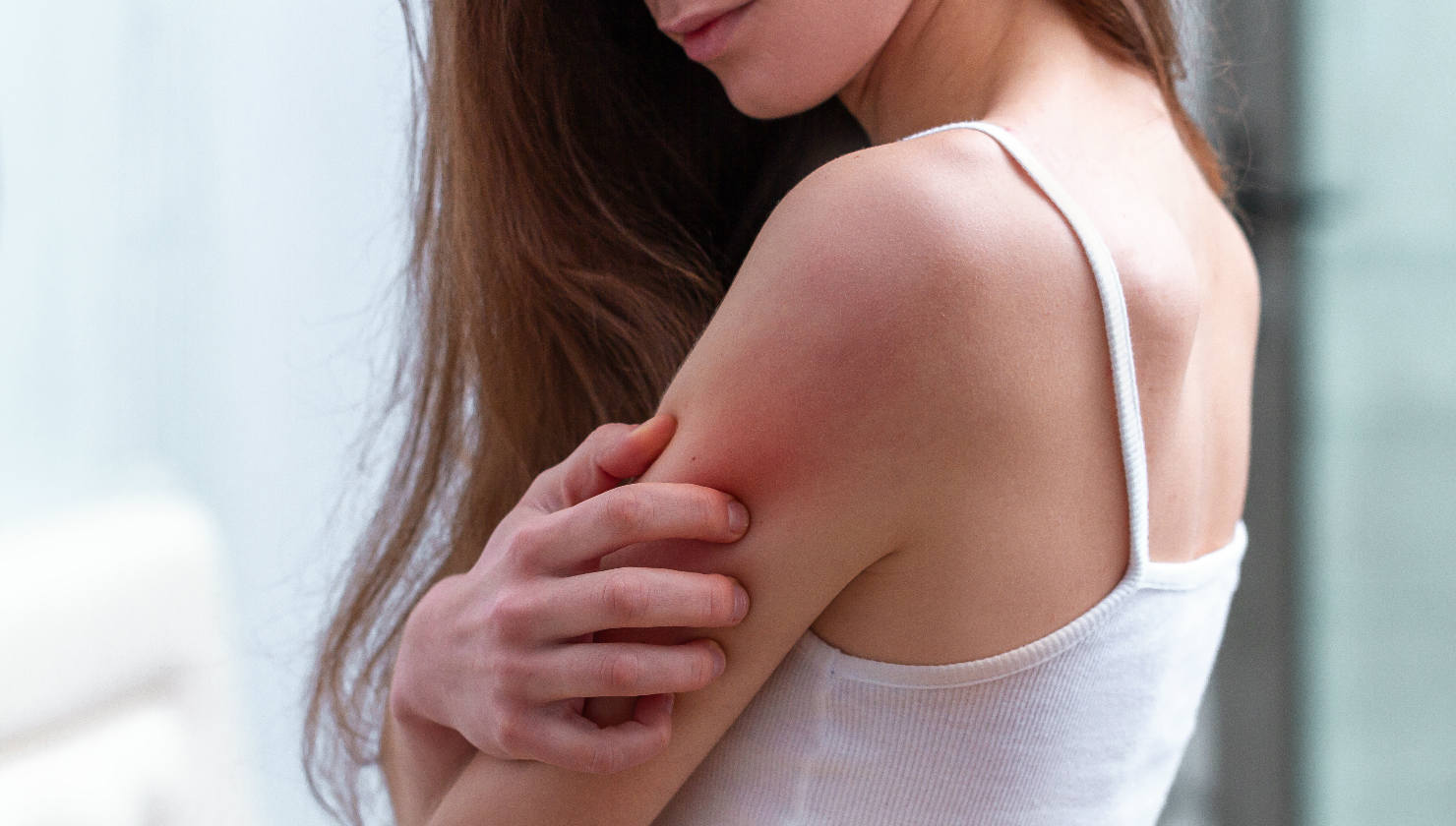
Eczema Flare Ups: How to Avoid the Itch
The cold reality of winter lies ahead of us. If you are suffer from eczema, you’re itching just by thinking of it. If your child suffers from eczema you know it’s time to take your annual precautionary measures.
They don’t call it “the itch that rashes” by chance; eczema is a skin condition that gives a red itchy skin rash, with itching coming first followed by the rash.
When our skin is healthy and supple, works as our body’s first line of defense doing a pretty good job at keeping the enemies (pathogens) at bay.
When moisture is lost in the epidermis, it contributes in its breakdown which compromises the skin barrier.
Eczema is more common in little children, and depending on age, tends to appear in different body parts.
For example, in babies, it will be more likely to appear on the face or the scalp whereas in children in the folds of the elbows and knees.
In adults, the appearance of eczema tends to appear more often on the hands and feet as leathery patches.
Prevention is Better than Cure!
Knowing what triggers your eczema will help you immensely in catching up with it before its exacerbation.
Dry skin for example, is a dead giveaway that an eczema flare-up might be on the way.
Using emollients to hydrate the atopic prone skin is strongly recommended. The lipids in an emollient help prevent hydration loss from the skin, by forming a waterproof barrier.
As soon as the temperature falls, get into the habit of applying an emollient cream twice a day, or more if needed.
If your child or infant suffers from eczema, keeping their skin moisturized should be a daily ritual. Emollients Creams or ointments are more moisturizing than just lotion.
Use fragrance-free moisturizers without parabens or aroma.
Try to avoid irritants as much as possible.
If scratchy fabrics or even chemicals in soaps and detergents irritate you cut them off your everyday life completely.
- Opt for 100% cotton or other soft fabrics.
- Mild laundry detergents without any perfume or dyes should be preferred.
- Ditching the fabric softener will also do your skin some good.
However, if your eczema exacerbates against all odds, adding some extra moisturizing agents, will only help:
- Using mild, fragrance-free body cleansers and shampoo with anti-inflammatory and soothing ingredients will help add an extra layer of moisturizing protection.
- Showers should be short and sweet and not too hot; between room temperature and lukewarm will be just right.
- Ideally, right after you get out of the bathroom, pat your skin dry with a towel and immediately apply your emollient cream on damp skin.
- If we are talking about a pretty nasty flare up, taking oil baths may help soothe inflammation whether we’re talking about an infant or an adult.
- Using an alternative to steroid creams, to alleviate inflammation.
Avoid scratching at all costs
Nothing seems to be the ultimate relief than to scratch all you can.
You need to remind yourself or your child not to scratch.
Scratching can make the rash worse, leaving a wound which could possibly lead to infection.
Also, the more one scratches, the itchier the area will feel like.
Keep fingernails short and smooth and try to distract yourself or your child from scratching.
Look for other triggers such as allergies
Advising a doctor can reveal about possible allergies which could be a cause of eczema. Sometimes allergies, related to food, pets, pollens, or dust mites, can spark the rash or make it worse.
If your eczema or your child’s is caused by an allergy, avoid the trigger, as much as possible.
Ask your doctor about what other things that can trigger a flare-up. These things may include overheating, sweating or stress.
What you should keep in mind, is that despite all efforts flare ups can still happen.



